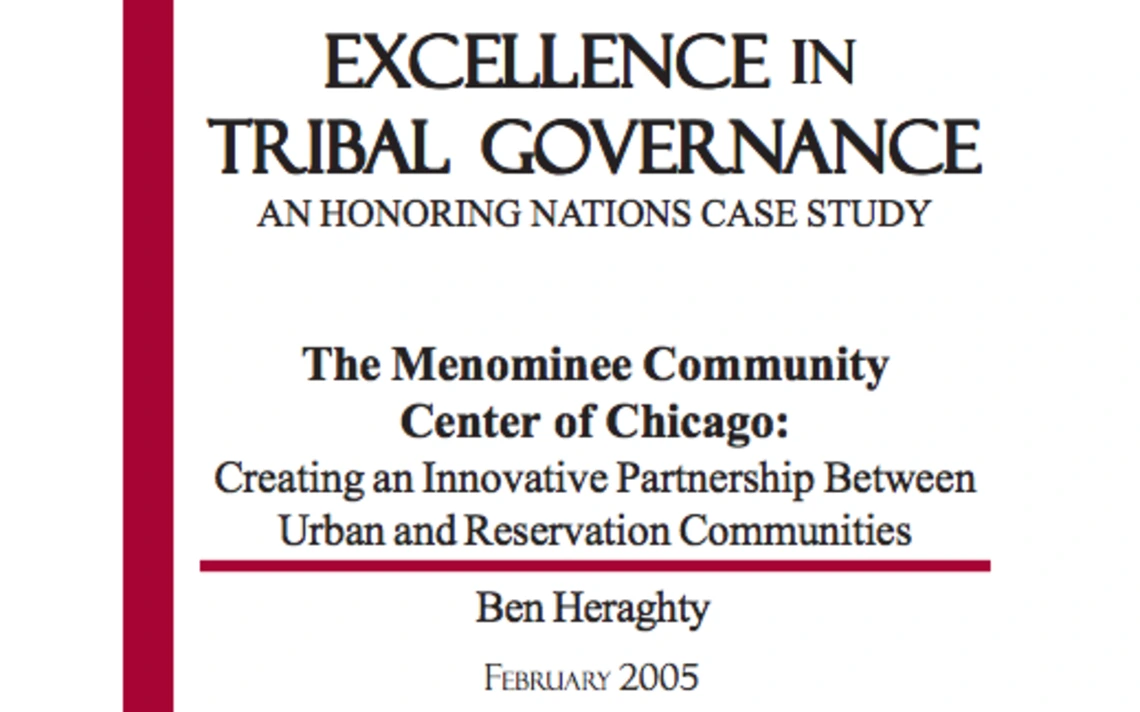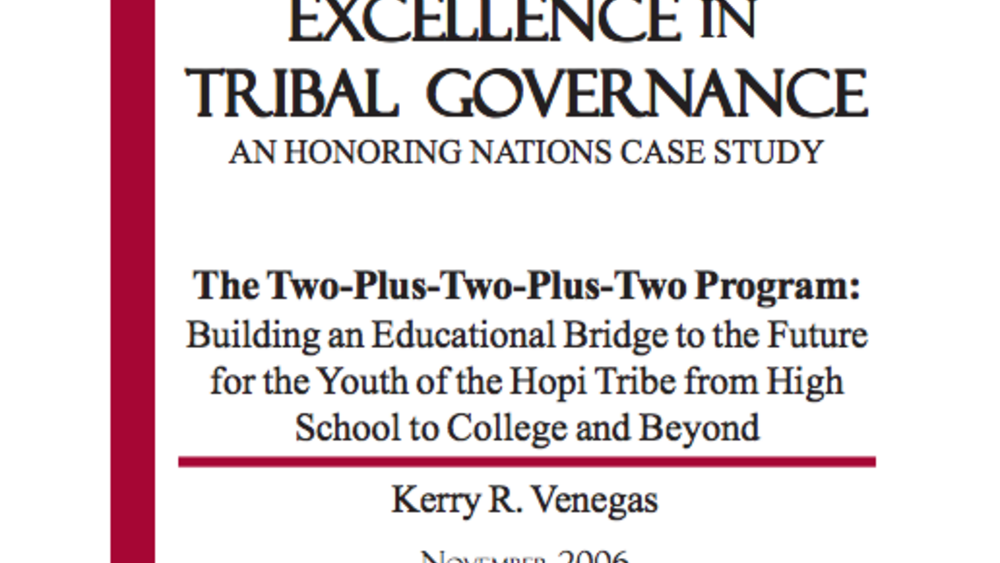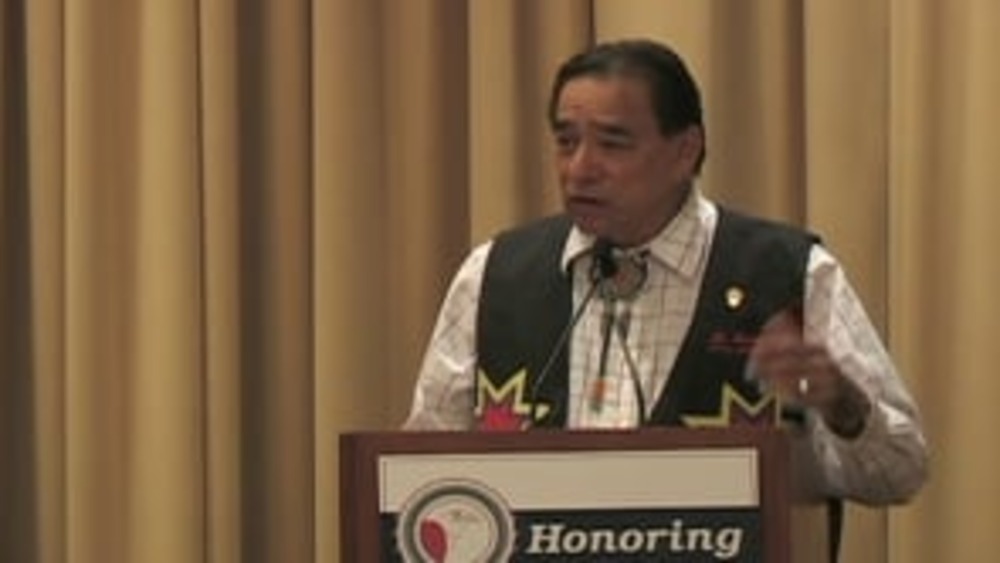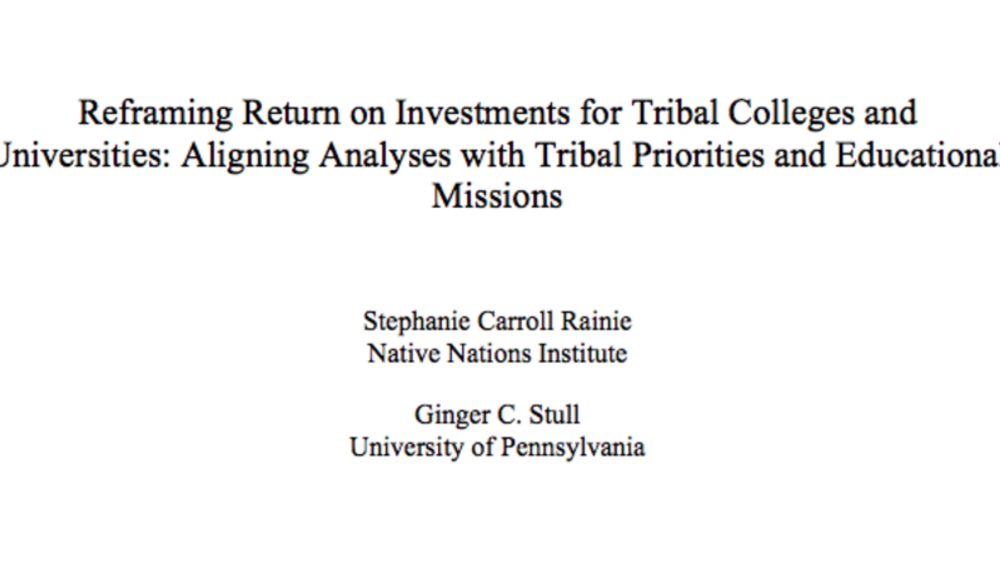Over half of the Menominee Indian Tribe of Wisconsin lives off-reservation. Regrettably, the ties between the Menominee’s reservation and urban populations, like those between the split populations of so many Indian nations, have been tenuous for decades. In 1994, a group of Menominee Indians living in Chicago reached out to the Tribe and the Tribe reciprocated. Now, the Menominee Community Center of Chicago is an official community of the Menominee Nation and its members are active participants in tribal culture and governance, strengthening and being strengthened by this renewed connection. This case study examines the steps taken by reservation and urban Menominee to build a bridge between their respective communities and reinforce the ties of the Menominee Tribe.
Additional Information
Heraghty, Ben. "The Menominee Community Center of Chicago: Creating an Innovative Partnership Between Urban and Reservation Communities." Honoring Nations. Harvard Project on American Indian Economic Development, John F. Kennedy School of Government, Harvard University. Cambridge, Massachusetts. February 2005. Case Study.




